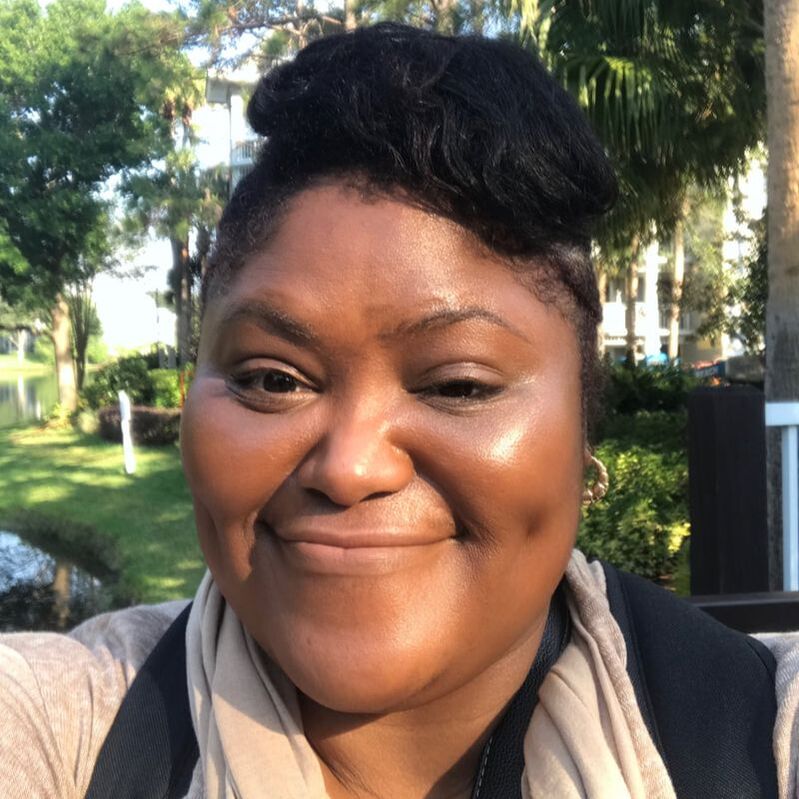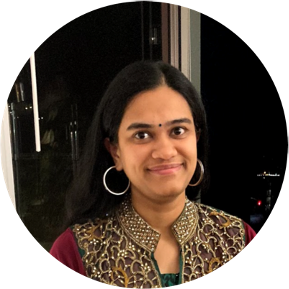Workshop 10/27/2021
Join Us
Living through a pandemic in the era of climate change it can be easy to sense doom and gloom. Yet living in the era data science, for the machine learning community there has not been a better time to act than now. This talk will introduce the audience to planetary health and some of the most pressing issues facing us (and our planet), cover a review of the state-of-the-art in artificial intelligence and data science methods in planetary health informatics and present a summary of the latest research, and finally highlight opportunities for budding and experienced data scientists in this rapidly growing and pertinent field.
#
Data Science workflows typically entail using Machine Learning.
Machine Learning can provide insight into various datasets and can assist with automating various types of analysis.
In this workshop you, will explore a process for getting started with implementing Machine Learning interactively to train a model to predict tsunami intensity and implement other relevant tasks.
#
Forecasting using time series data is a hot topic of research and is applied to a variety of use-cases to make important decisions – wherever there are changes with time (seasonal or trend) such as e-commerce orders, stock market prices, weather prediction, demand and usage of products, etc. This workshop will cover time series analysis that attempts to understand the nature of the series and is useful for future forecasting along with the overview of popular forecasting models such as ARIMA, SMA, SES, Prophet followed by a case-study walk-through.
#
Cognitive neuroscientists are often interested in broad research questions, yet use overly narrow experimental designs by considering only a small subset of possible experimental conditions. This limits the generalizability and reproducibility of many research findings. In this talk, I present an alternative approach, “The AI Neuroscientist”, that resolves these problems by combining real-time brain imaging with a branch of machine learning, Bayesian optimization. Neuroadaptive Bayesian optimization is an active sampling approach that allows to intelligently search through large experiment spaces with the aim to optimize an unknown objective function. It thus provides a powerful strategy to efficiently explore many more experimental conditions than is currently possible with standard brain imaging methodology. Alongside methodological details on non-parametric Bayesian optimization using Gaussian process regression, I will present results from a clinical study where we applied the method to map cognitive dysfunction in stroke patients. Our results demonstrate that this technique is both feasible and robust also for clinical cohorts. Moreover, our study highlights the importance of moving beyond traditional ‘one-size-fits-all’ approaches where patients are treated as one group. Our approach can be combined with brain stimulation or other therapeutics, thereby opening new avenues for precision medicine targeting a diverse range of neurological and psychiatric conditions.
Event Program
October 27, 2021
8:00 AM - 8:45 AM
8:45 AM - 9:30 AM
9:30 AM - 10:15 AM
10:15 AM - 11:00 AM
*All times are UTC -8







